RBA holds cash rate steady at 4.35%: What it means for Australia’s economy
In a widely anticipated move, the RBA has decided to hold the cash rate target at 4.35%. Find out more about how this affects the Aussie economy.
Read moreIf you’re a freelancer, self-employed or a small business owner looking to refinance, you may find yourself not having the same required documents for a standard home loan application. If this is the case, a home loan which requires less documentation can be a viable option for you.
At Rateseeker, we can help find the best low doc loan interest rates for you, comparing home loan rates across 30+ Australian lenders.
No annoying sign-ups or emails required to see results. Only when you’re ready, get qualified for a low doc loan with us and start saving today!

It’s important to note that a low doc loan doesn’t mean ‘No doc loan’. It’s just as it sounds – a loan requiring less documentation of regular income and assets which outweigh risky liabilities in the eyes of a lender. Like traditional home loans, low doc home loans require a set amount of documentations and requirements:
→ Learn More: Calculate your overall repayments for your low doc loan
Compared to traditional home loans, low doc loans are considered higher risk due to their large borrowing amount by lenders. As a result, they have more restrictions.
While there are a few lenders in Australia that offer low doc home loan products, they may offer significantly high interest rates.
Our Rateseeker experts have outlined what you should consider when applying for this type of loan:
→ Learn more: Compare interest-rates for a number of loan products with a click of a button
Getting approval for a low doc home loan isn’t as straightforward as most traditional loans. We suggest following a guideline to help you find the appropriate lender:
Pro-tip: Lenders cannot ignore a document when they’re completing their assessment, so only provide documents requested by the lender and nothing more.
→ Wondering if you qualify for a low doc loan? Find out more in our FAQs.
Struggling to find the low doc loan that best suits your needs? Use our free calculators to help you with your next property purchase or refinance for any given interest rate and loan term. Alternatively, don’t hesitate to contact our team today.
Rateseeker has access to all of Australia’s major banks, and over 30 third-party lenders. We provide tailored home loans and interest rates that suit your unique situation.





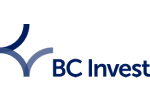
















































































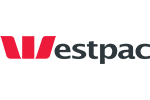
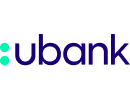

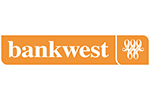



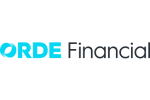
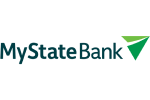






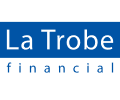



































































As a founder of Ardent Capital Group, Nick Chong brings more than 12 years of financial planning and mortgage broking experience. This, together with his strong economics background, gives him the expertise to lead his handpicked talented team of advisers.
In a widely anticipated move, the RBA has decided to hold the cash rate target at 4.35%. Find out more about how this affects the Aussie economy.
Read moreLooking to team up with family or friends to buy a property? Here's what you need to know.
Read moreThinking about refinancing your home and need the full scoop? Read our helpful guide on what you should do and what to avoid when refinancing your home.
Read more